
David Lynch stands as one of the most distinctive voices in contemporary filmmaking. Known for his unconventional narratives, unsettling atmospheres, and dreamlike imagery, Lynch has carved a niche in the world of cinema, blending the surreal with the mundane in ways that challenge and captivate audiences.
Early Life and Artistic Beginnings
Born on January 20, 1946, in Missoula, Montana, Lynch’s early life was marked by a quintessentially American upbringing. His fascination with art began at a young age, leading him to study painting at the Pennsylvania Academy of the Fine Arts in Philadelphia. It was during this time that Lynch transitioned from painting to filmmaking, inspired by the desire to make his paintings move. His first significant short film, The Alphabet (1968), combined animation and live-action, hinting at the experimental style that would define his career.
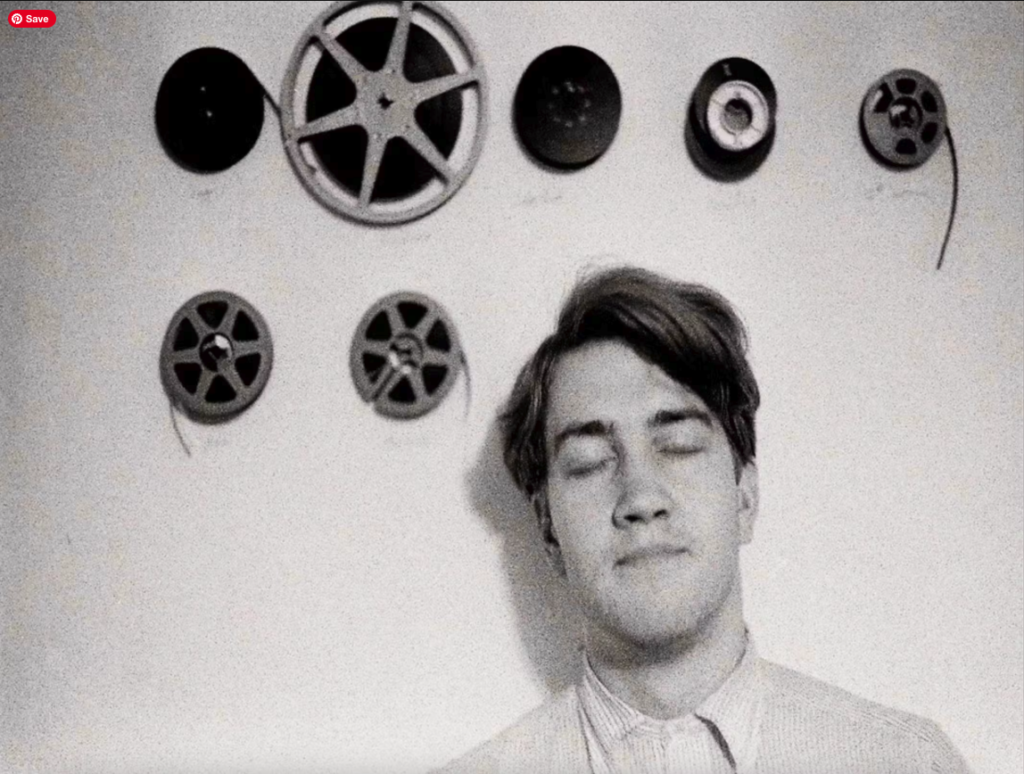
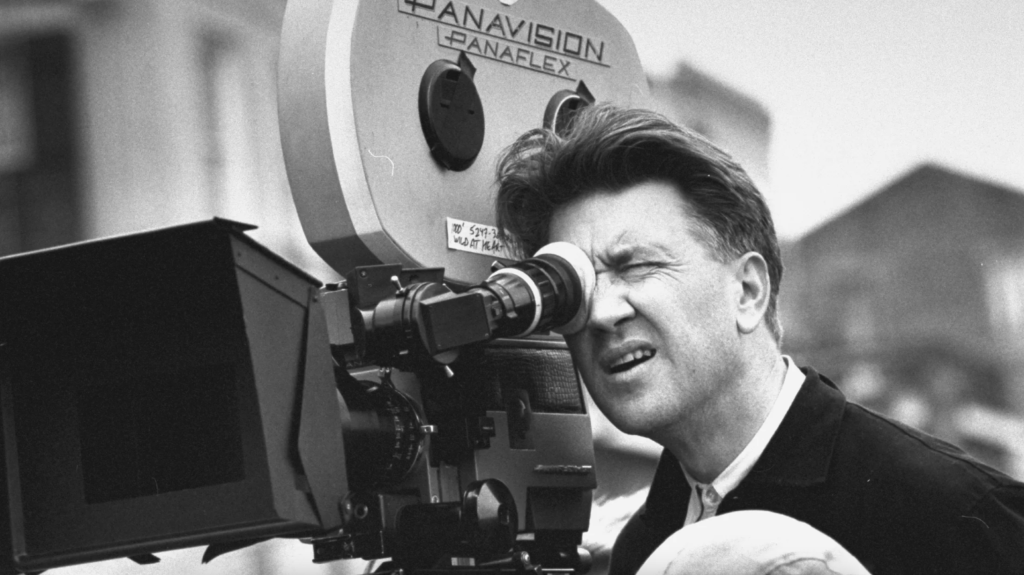
Breakthrough with Eraserhead
Lynch’s first feature-length film, Eraserhead (1977), became a cult classic and remains a cornerstone of his oeuvre. The film, with its eerie black-and-white visuals, industrial soundscapes, and cryptic narrative, explored themes of parenthood, anxiety, and alienation. Despite its initial mixed reception, Eraserhead established Lynch as a filmmaker with a unique vision, paving the way for his future projects.
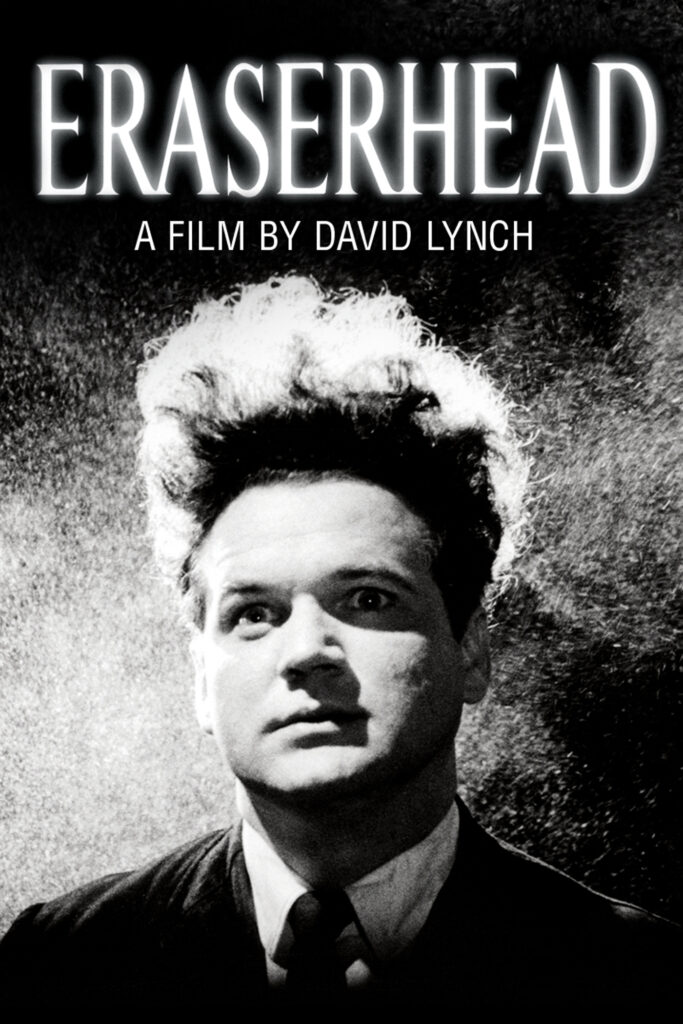
Hollywood and Mainstream Success
Lynch’s foray into mainstream Hollywood came with The Elephant Man (1980), a biographical drama about Joseph Merrick, a man with severe physical deformities. The film was a critical and commercial success, earning eight Academy Award nominations. This success led to Lynch directing Dune (1984), a sci-fi epic based on Frank Herbert’s novel. While Dune was a commercial and critical failure at the time, it has since gained a cult following.
Lynch found his stride with Blue Velvet (1986), a neo-noir thriller that delves into the darkness lurking beneath suburban America. The film, starring Kyle MacLachlan, Isabella Rossellini, and Dennis Hopper, was both provocative and polarizing, earning Lynch his second Academy Award nomination for Best Director.
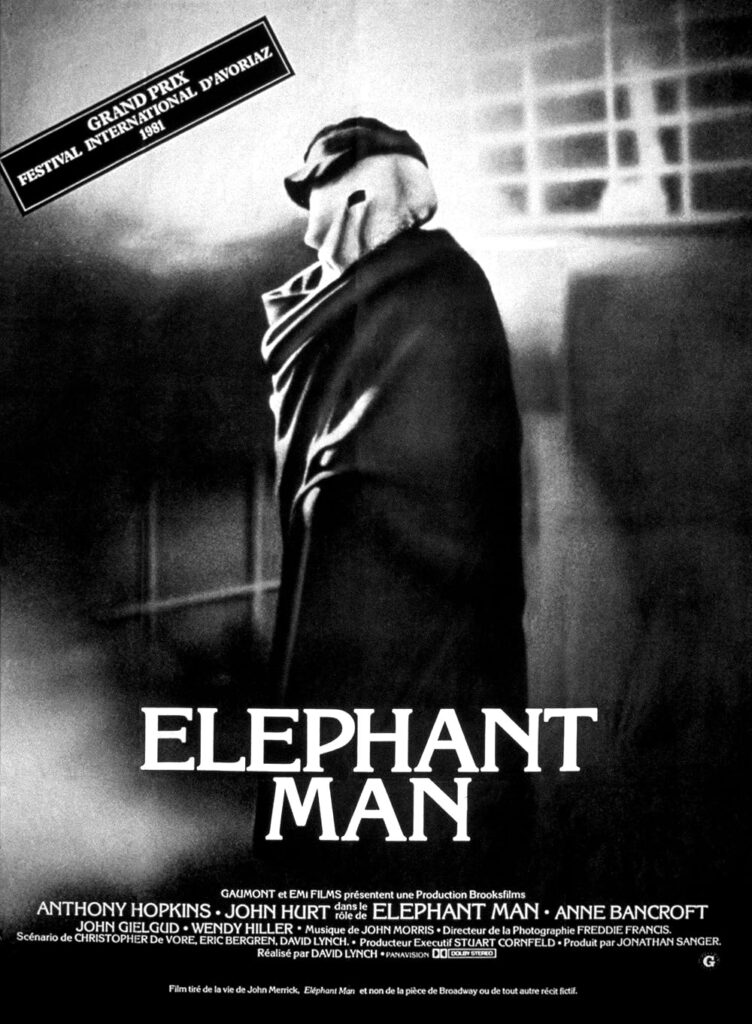
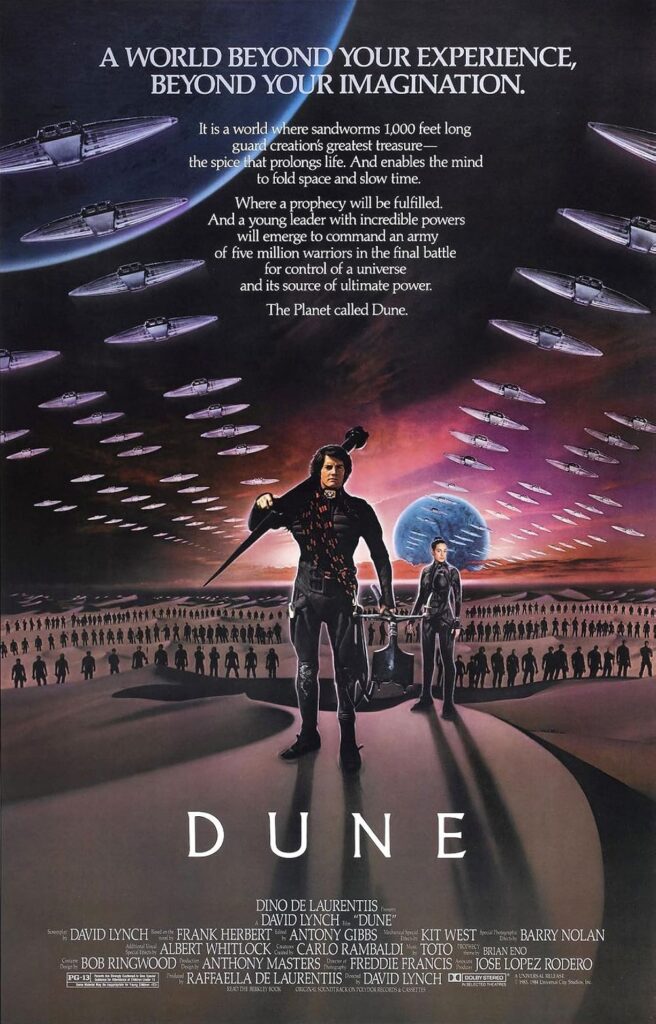

The World of Twin Peaks
In 1990, Lynch ventured into television with Twin Peaks, a groundbreaking series that combined mystery, horror, and soap opera elements. The show, centered on the murder of high school student Laura Palmer, became a cultural phenomenon. Its mix of quirky humor, eccentric characters, and supernatural undertones showcased Lynch’s ability to blend genres seamlessly. Though the original series ended after two seasons, it left a lasting legacy, culminating in the critically acclaimed revival, Twin Peaks: The Return (2017).
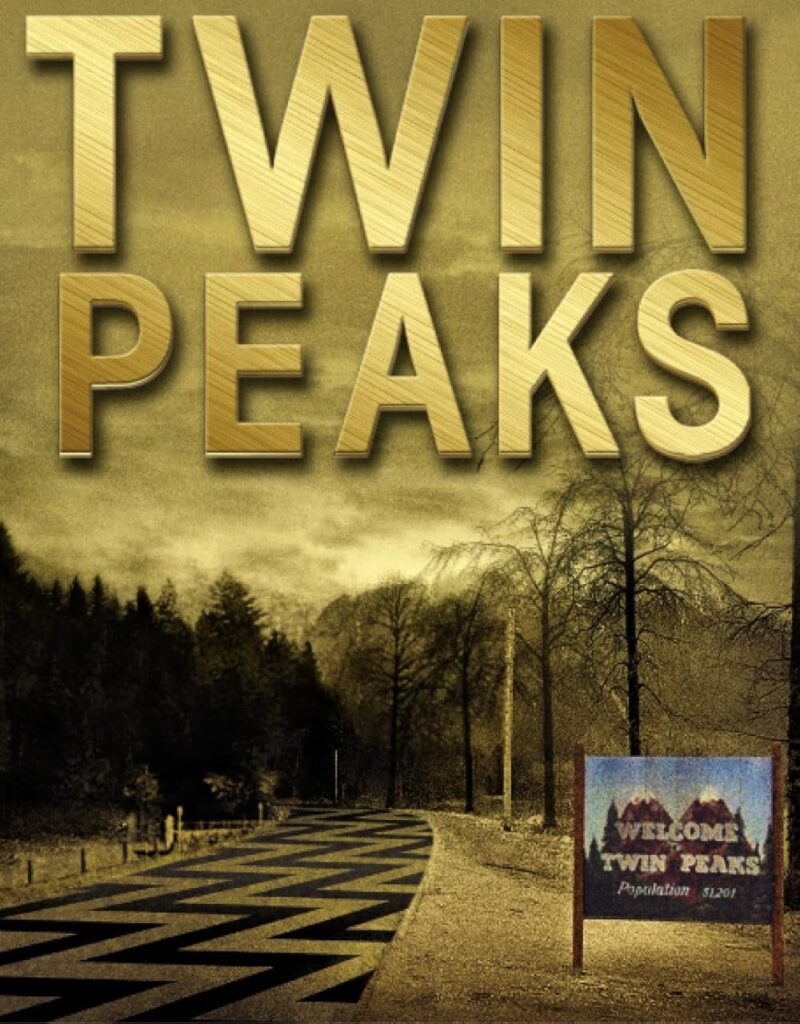
Exploring the Dark and the Surreal
Lynch continued to explore the surreal with films like Wild at Heart (1990), Lost Highway (1997), and Mulholland Drive (2001). The latter, a hypnotic tale of dreams, identity, and desire, is widely regarded as one of Lynch’s masterpieces. Its enigmatic structure and haunting imagery earned Lynch his third Academy Award nomination for Best Director.
In 2006, Lynch released Inland Empire, a sprawling and abstract exploration of the film industry and human consciousness. Shot digitally, the film pushed boundaries with its unconventional narrative and experimental approach.
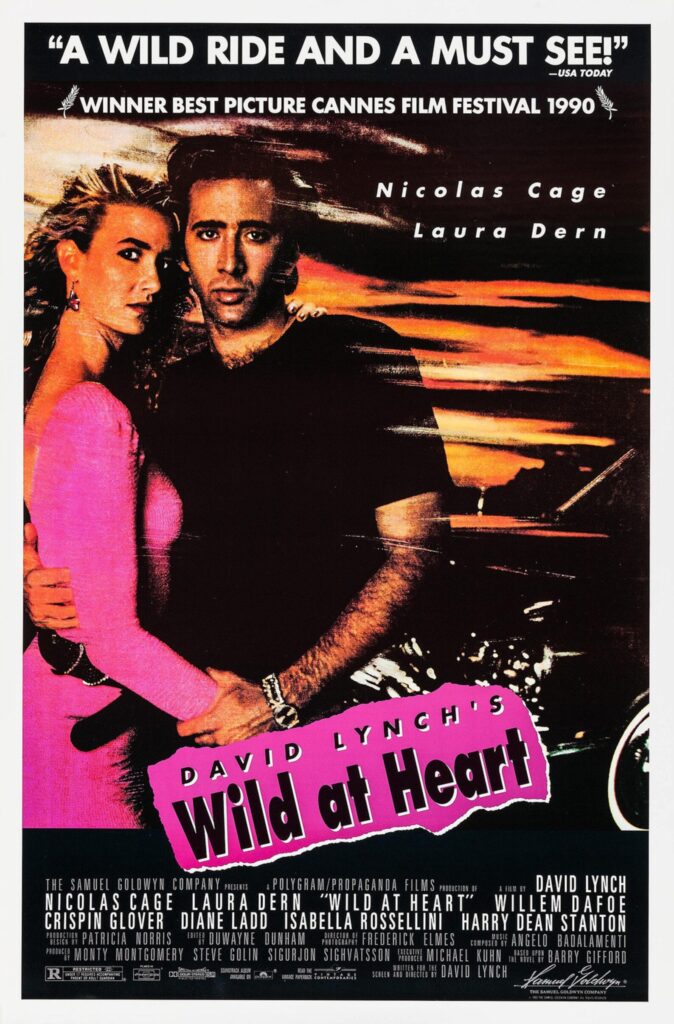
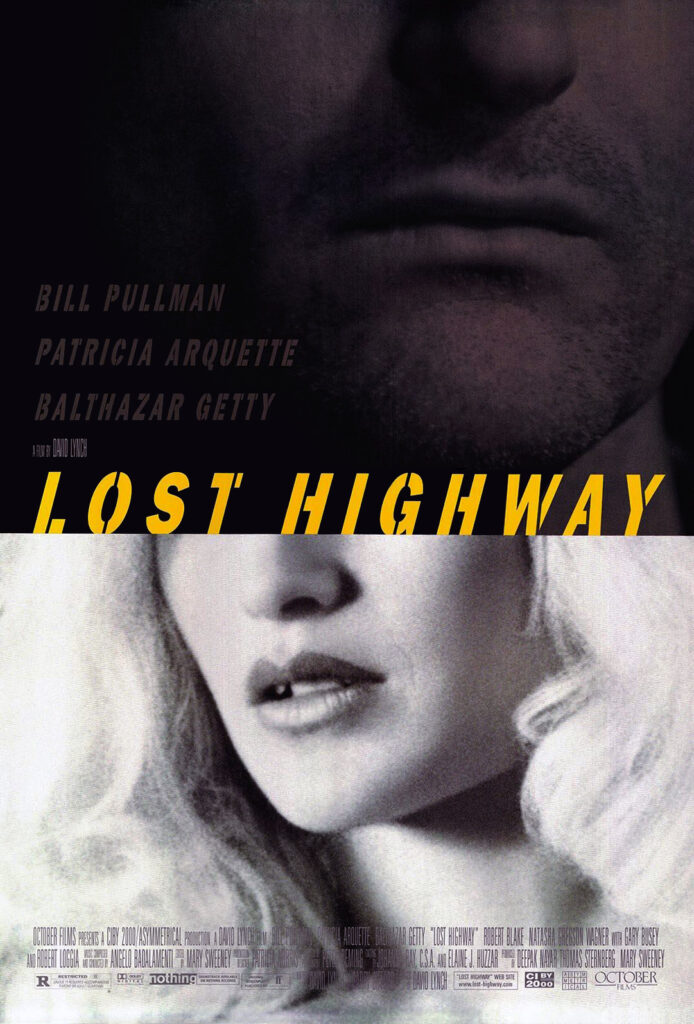
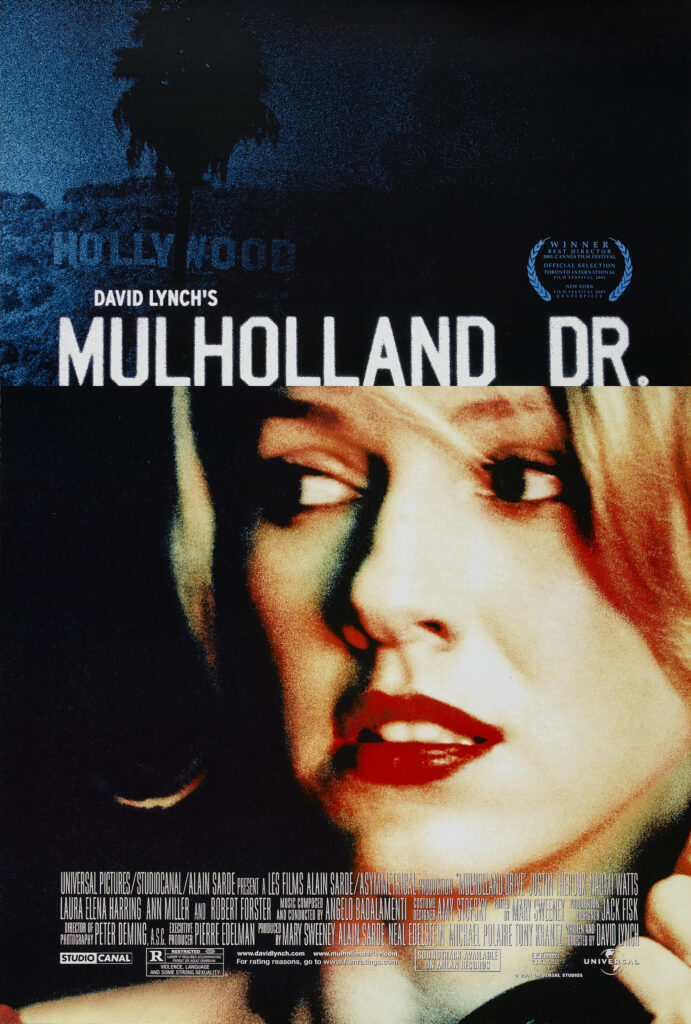
Beyond Filmmaking
Lynch’s artistic pursuits extend beyond cinema. He is an accomplished painter, musician, and photographer, with works often reflecting the same eerie and surreal sensibilities as his films. Additionally, Lynch is a passionate advocate for Transcendental Meditation, which he credits with enhancing his creativity and personal well-being. In 2005, he founded the David Lynch Foundation to promote meditation practices globally.
Legacy and Influence
David Lynch’s impact on cinema is immeasurable. His willingness to take risks and defy traditional storytelling conventions has inspired countless filmmakers. Lynch’s work invites viewers to embrace ambiguity and engage with art on an emotional and intuitive level. Whether through the disquieting corridors of Eraserhead or the haunting dreamscapes of Mulholland Drive, Lynch challenges audiences to confront the mysteries of the human psyche.
In a world that often seeks clear answers and resolutions, Lynch reminds us of the beauty in the unknown. His films are not merely to be watched but experienced, lingering in the mind like a vivid dream long after the credits roll. For those willing to step into his world, David Lynch offers a cinematic journey unlike any other.
On January 15, 2025, at the age of 78, famous master of surreal cinema left us while his fantastic work stays with us forever.




